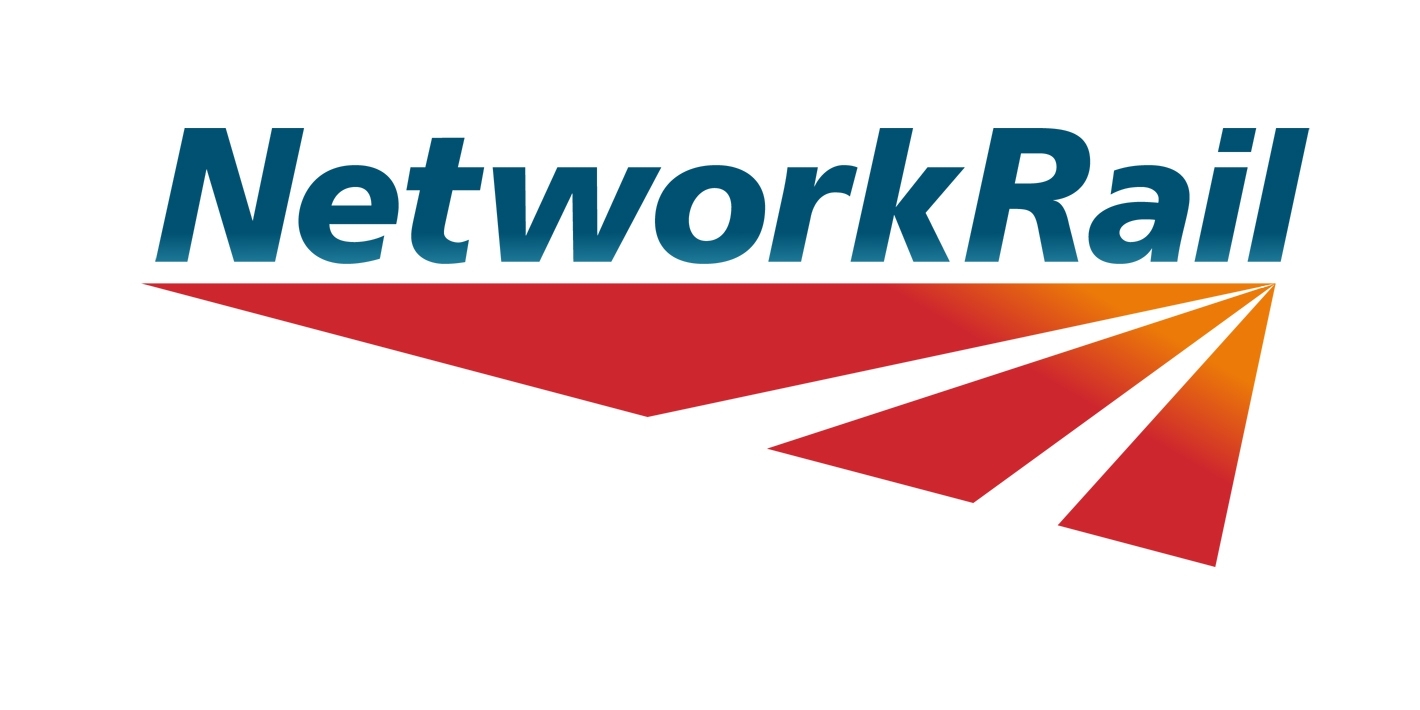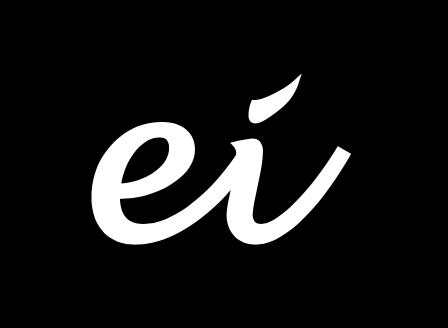Design
Railway design management is vital to the successful operation of railway networks. It involves the effective management of the design process from conception through to construction and eventual handover. The process is complex, and there are multiple stakeholders involved, including the client, designers, contractors, and regulators. Effective management of the design process is essential to ensure that railway network is safe, efficient, and sustainable. The Design specifies the exact project requirements which are developed early in the project lifecycle, the management of these through to bringing the railway into use is critical for a sucessful project.
At Network Rail, Transport for Wales and Transport for London, the assurance process is a critical part of the design and construction process. Assurance is the process of verifying that engineering projects are delivered to the required standards, to the exact requirements, within budget, and on time. It involves the identification and management of risks, the monitoring of project progress, and the management of stakeholders.
"The design was supported by ensuring progressive development and integration with constructability and phasing at the heart of the reviews. This helped to de-conflict the construction which led to a more co-ordinated programme"
Mark Bell - Project Lead - Network Rail -
Management
To ensure the success of the assurance process, it is essential to use expert facilitators within engineering, integration, limited. These professionals have the knowledge, skills, and experience to lead engineering projects and ensure that they are delivered to the required standards.
For Network Rail and Transport for London, the use of ei expert facilitators has many benefits. ei professionals help to ensure that the design process is managed effectively from conception through to construction and eventual handover. They ensure that the design is integrated, and stakeholder needs are considered throughout the process. This approach helps to manage risks, reduces costs, and ensures that the railway network is safe, efficient, and sustainable.
In conclusion, railway design and management are essential to the successful operation of railway networks. The management of the design process from concept design through detailed design, construction, and eventual handbook is complex. However, by using expert facilitators within ei, Network Rail, Transport for Wales and Transport for London can ensure that engineering projects are delivered to the required standards, within budget, and on time. This approach pays dividends and ensures the best value and surety of program for the client.
Some of Our Clients




Find out what we can do for you
Our Services
Engineering management is critical to ensure the safe and efficient operation of their assets and networks.
ei work closely with our clients to ensure that their engineering projects are delivered to the required standards, to the specific requirements, within budget and on time.
ei has developed a self assurance model supported by our bespoke competency assessment matrix. This ensures that ei can provide a formal authority to work for all members of our team.
We provide multidisciplinary engineering management expertise to rail, transportation, and infrastructure projects. Involving the latest in systems engineering thinking, tools and best practice, and apply it practically and pragmatically alongside our design and construction experience.
We successfully define and integrate the technical, contractual, programme, stakeholder and construction interfaces to ensure our projects deliver quality output, to budget and on time.
Innovation & Development
The rail industry is constantly evolving, and innovation, efficiency and development are essential to its continued success.
One of the key areas of innovation in recent years has been the use of 4D visualization and planning techniques.
4D visualization allows project teams to visualize the project and its progress over time, without having to undertake site walkouts, improving communication and collaboration between stakeholders.
